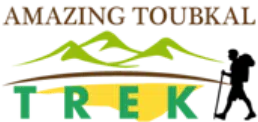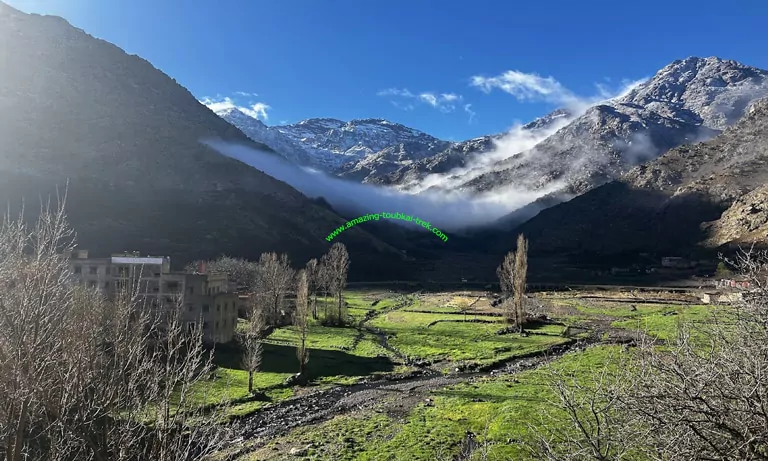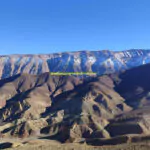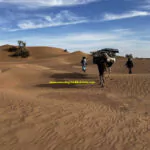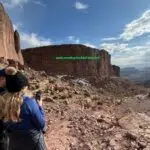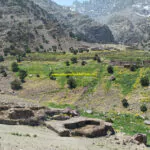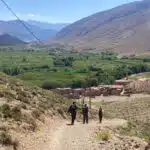Mount Toubkal, standing tall at 4,167 meters, is the highest peak in North Africa. Located in the Toubkal National Park of Morocco’s Atlas Mountains, this majestic mountain attracts trekking enthusiasts from around the globe. Whether you are an experienced mountaineer or a passionate traveler seeking your next adventure, trekking Mount Toubkal offers an unparalleled experience of natural beauty, cultural richness, and personal achievement.
Why Trek Mount Toubkal?
Trekking Mount Toubkal is not just about reaching the summit; it’s about the journey through diverse landscapes, from verdant valleys and terraced fields to rocky peaks and snowy slopes. The trek allows you to immerse yourself in Berber culture, visiting remote villages and experiencing their warm hospitality. The panoramic views from the summit, encompassing the Sahara Desert and the High Atlas range, are breathtaking and make the effort truly worthwhile.
Best Time to Trek
The best time to trek Mount Toubkal is during the spring (April to May) and autumn (September to October) months. During these periods, the weather is relatively mild, and the trails are less crowded. Summer can be quite hot, especially in the lower valleys, while winter treks require experience in alpine conditions and proper equipment due to snow and cold temperatures. Regardless of the season, it is essential to check the weather forecast and prepare accordingly.
Popular Routes
Standard Route: The standard route to Mount Toubkal’s summit starts from the village of Imlil. This two-day Toubkal trek typically involves an overnight stay at the Toubkal Refuge before the final ascent. The path is well-trodden and offers a straightforward climb, making it suitable for trekkers with moderate fitness levels.
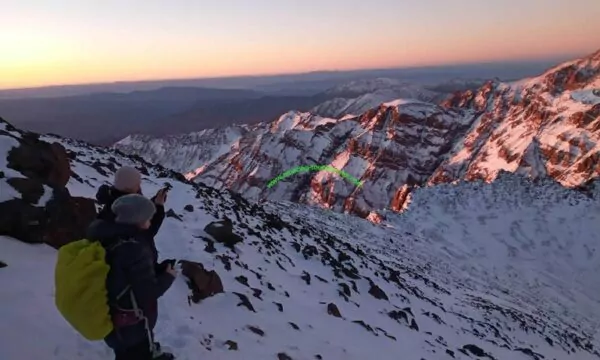
Alternative Routes: For those seeking a more challenging or less crowded path, alternative routes such as the Western Route or the Toubkal Circuit Route are excellent choices. These routes offer varied terrain and additional days of trekking, providing a more immersive experience of the Atlas Mountains.
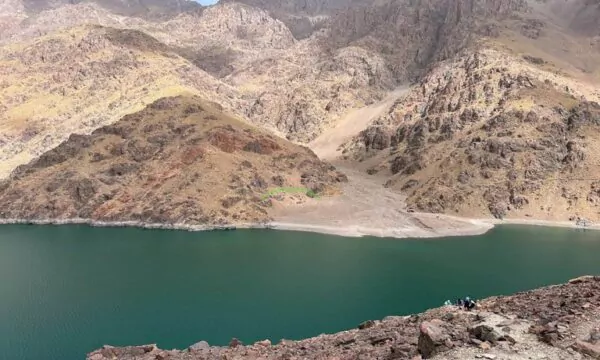
Comparison and Difficulty Levels: The standard route is the most accessible, while alternative routes present higher difficulty levels due to longer distances and steeper ascents. Trekkers should choose a route based on their fitness level, experience, and the kind of adventure they seek.
Preparation and Packing Tips
Physical Preparation: Preparing physically for the trek is crucial. Engage in regular cardio exercises like hiking, running, or cycling, and incorporate strength training to build endurance. Gradual altitude acclimatization is also recommended.
Essential Gear and Clothing
– Footwear: Sturdy hiking boots with good ankle support
– Clothing: Layered clothing to adjust to varying temperatures
– Equipment: Trekking poles, a reliable backpack, and a sleeping bag suitable for cold temperatures.
– Packing List: First aid kit, Water purification tablets, High-energy snacks, Sunscreen and sunglasses, and Headlamp with extra batteries.
What to Expect on the Trek
Daily Routine and Itinerary Overview: Treks usually start early, with several hours of hiking before and after lunch. The itinerary can vary but typically includes daily distances of 10-15 kilometres.
Accommodation and Food: Accommodations range from basic mountain huts (refuges) to tents. Meals are often simple yet hearty, featuring local Moroccan cuisine such as tagine and couscous.
Local Guides and Support: Hiring a local guide is highly recommended for navigation, cultural insights, and safety. Muleteers accompany treks to carry heavy gear, allowing trekkers to focus on the journey.
Safety Tips
Altitude Sickness: To prevent altitude sickness, ascend gradually and stay hydrated. Recognize symptoms like headaches and dizziness, and descend if they worsen.
Staying Safe on the Trail: Stick to marked trails, watch the weather, and avoid risky shortcuts. Always trek with a partner or group.
Emergency Procedures: Carry a fully charged mobile phone. In case of emergency, contact local authorities or guides immediately.
Cultural Insights and Etiquette
Interaction with Local Communities: Respect local customs and traditions. Learn a few basic phrases in Berber or Arabic to enhance interactions.
Respecting Local Customs and Traditions: Dress modestly, especially in villages. Ask for permission before taking photographs of people, and always greet locals respectfully.
Conclusion
Trekking Mount Toubkal is a rewarding adventure that offers both physical challenges and cultural enrichment. With proper preparation and respect for the local environment and communities, your journey to the summit of North Africa’s highest peak will be a memorable and transformative experience. Embark on this adventure, and discover the majestic beauty and rich heritage of the Atlas Mountains.
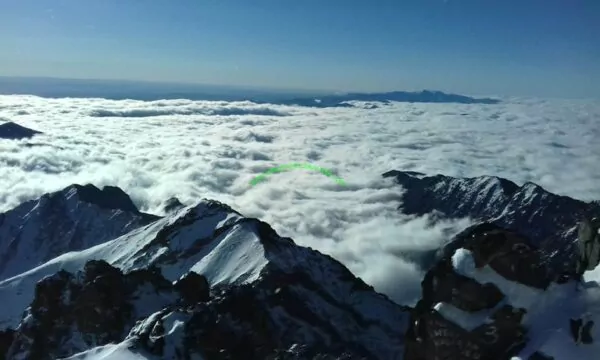
Follow us on Facebook and Instagram!
